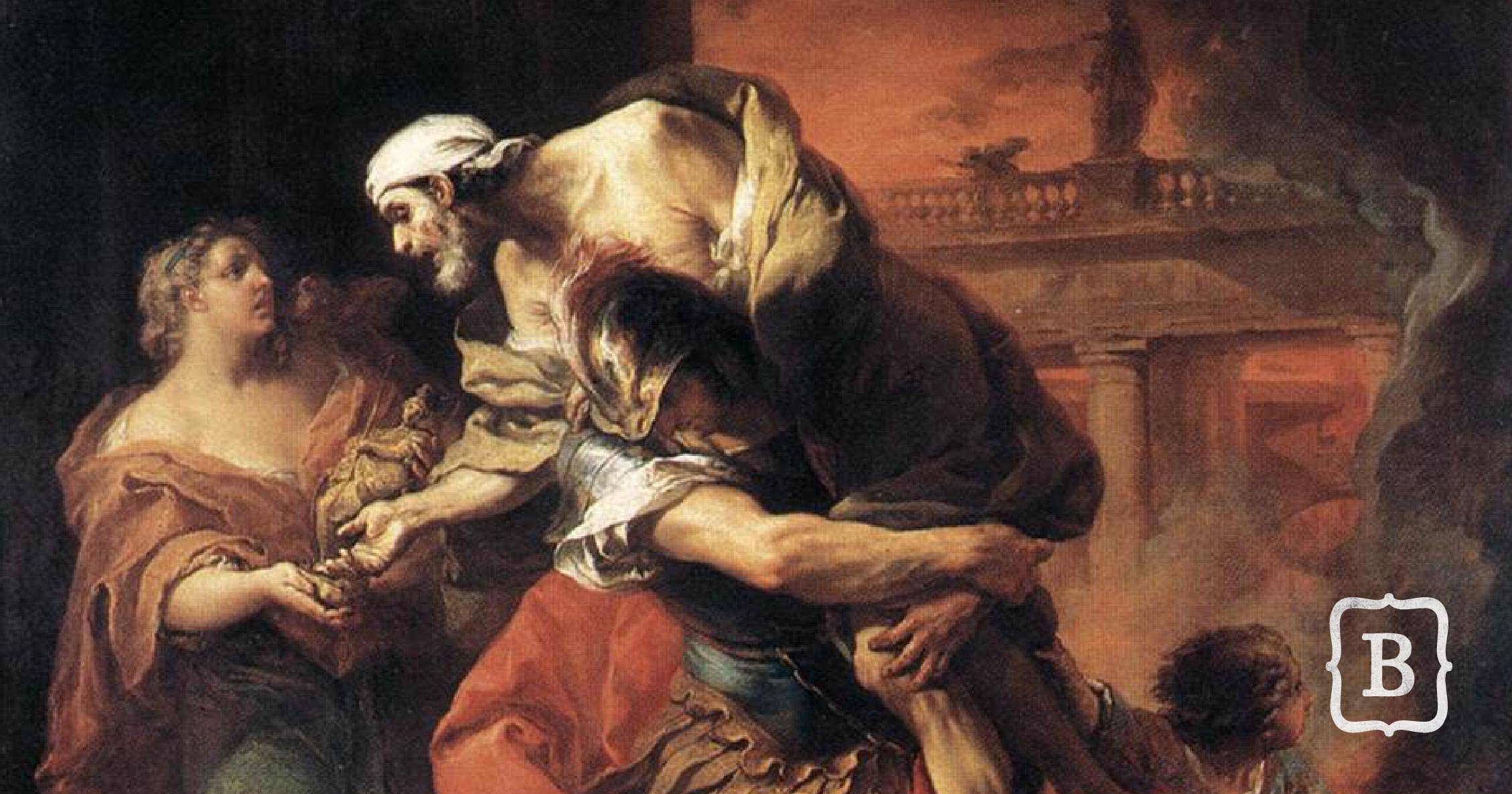Why Piety?
Every academic year at Chapel Field centers on a spiritual theme. Chapels, morning assemblies, discipleship groups and our book studies bring us back to these themes and help us to see everything we do at the school (and beyond) as part of a harmonious whole. It gives us (faculty and staff alike) an opportunity to set our minds on truths that are fundamental to our identity as Christians and students but are too often neglected in the busy-ness of our world.
Last year we focused on “virtue” and how the life Christ calls us to is impossible to achieve unless we strive for excellence in all our pursuits, especially the humblest ones.
This year, the theme is “piety.”
This word probably needs some explanation – it’s not something we hear every day. Unfortunately, when we do hear it, it probably makes us think of a Pharisee, or some “holier than thou” stuffed shirt.
That’s a shame, because the word has a rich meaning that signifies something completely different and unexpected.
Originally, it was a Latin word, “pietas;” it meant “dutifulness” or a “sense of indebtedness.” A “pious” person for the ancient Romans was not merely someone who attended church, but someone who felt deeply what they owed to others, and, as a result, was consumed with gratitude for the blessings bestowed upon them. This gratitude to God, parents and earthly authorities manifested itself in a sense of “duty” – a desire to give back – that, far from being hollow or hypocritical, was profoundly heartfelt. A truly pious person was not merely willing, but eager, to sacrifice their own lives for the sake of their religion, their family or their nation.
It's easy to see why piety was the ultimate virtue for the Romans. In fact, their coins often depicted it in symbolic form so that citizens would constantly have it near them and be reminded of its importance.
Aeneas on Roman coin.
The symbol they chose to represent piety was the image of Aeneas.
Aeneas (whose story is told in Virgil’s epic poem the Aeneid – which a group is volunteering to read during lunch time at the school this year) was a warrior- hero from the ancient city of Troy. The city, once great, had now been besieged by Greek armies for years. One night after going to bed Aeneas was rudely awakened to find his city being stormed from within – thanks to the Greek trick of the Trojan Horse.
The fire was already well advanced. The city was burning down all around him; his fellow-citizens were being slain in the streets. Instead of listening to his selfish desires and fleeing and saving himself, Aeneas fought his way to the house of his aged and crippled father, Anchises. He then hoisted Anchises onto his back, and---as if that were not self-sacrificial enough--grabbed the statues of his ancestors from the family hearth and carried them under one arm. With the other, he led his wife and son by the hand through the dangerous streets of the collapsing city.
Although Aeneas’s selflessness put his own life in jeopardy, the Aeneid records how he went on to prosper because of his piety. Not only did he escape from Troy, he went on to lead the survivors of his nation across the sea to Italy, and become the legendary founder of Rome, the new Troy.
Aeneas and Virgil were pagans, but we Christians can learn from their examples. Even though they lacked the light of God’s Word, they recognized something that is written throughout Scripture: reverence for spiritual and temporal authority is at the heart of the Christian life. The first table of the Ten Commandments commands it, as Paul does in Romans 13; in fact, the early Church Fathers commented on the similarities between Aeneas and Abraham, who was also called to forsake his own life and found a new people in a strange land.
And, of course, we don’t have to look far afield to find piety in our own history. A recent example would be first responders who, with hardly a second thought, rushed to the World Trade Center to rescue victims of terrorism. Another example would be those who flocked to enlist in the military after the 1941 attack on Pearl Harbor. The D-Day invasion succeeded--the flag on Iwo Jima was raised--because of the intense piety of a generation of young men who were willing to risk almost certain death for hearth and home.
As we at Chapel Field meditate on this theme this year, it will not be a simple intellectual exercise. Virtue, after all, is something that has to be practiced. With this in mind, students will be working in groups to honor local authorities: civic leaders, pastors, police, firefighters, veterans. They will be observing and participating in ceremonies to mark our national holidays. A collection of students plan to decorate the graves of veterans at a local ceremony.
By focusing on this theme all year we’re doing something that goes very much against the grain of our 21st century consumerist, me-centered culture. But it’s something, we trust, that will benefit our whole school community for years to come.
Just as Aeneas’s acts that fateful night would later blossom into the rebirth of Troy on the shores of Italy, so we’re confident that these seeds, when sown, will be used by the Lord to bear fruit for his kingdom. In a culture symbolized by the selfie, where all too often entitlement gets in the way of honor and reverence, perhaps we, too, can be richer for acknowledging our indebtedness.
Dr. Nathan Gill serves as Academic Dean and Chairman of the History Department at Chapel Field.



